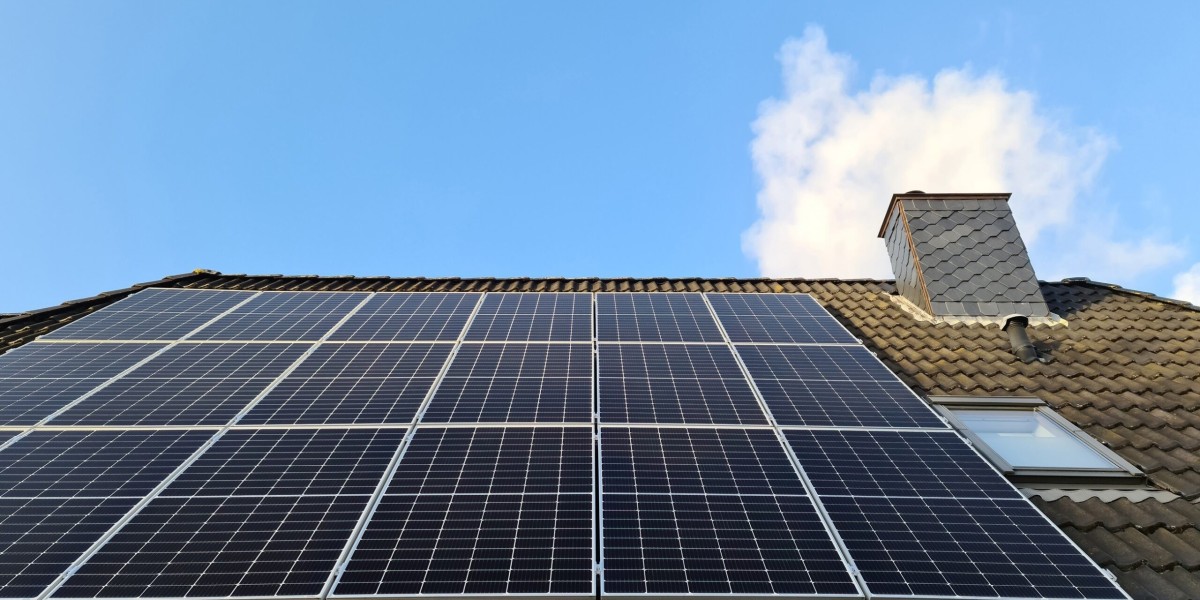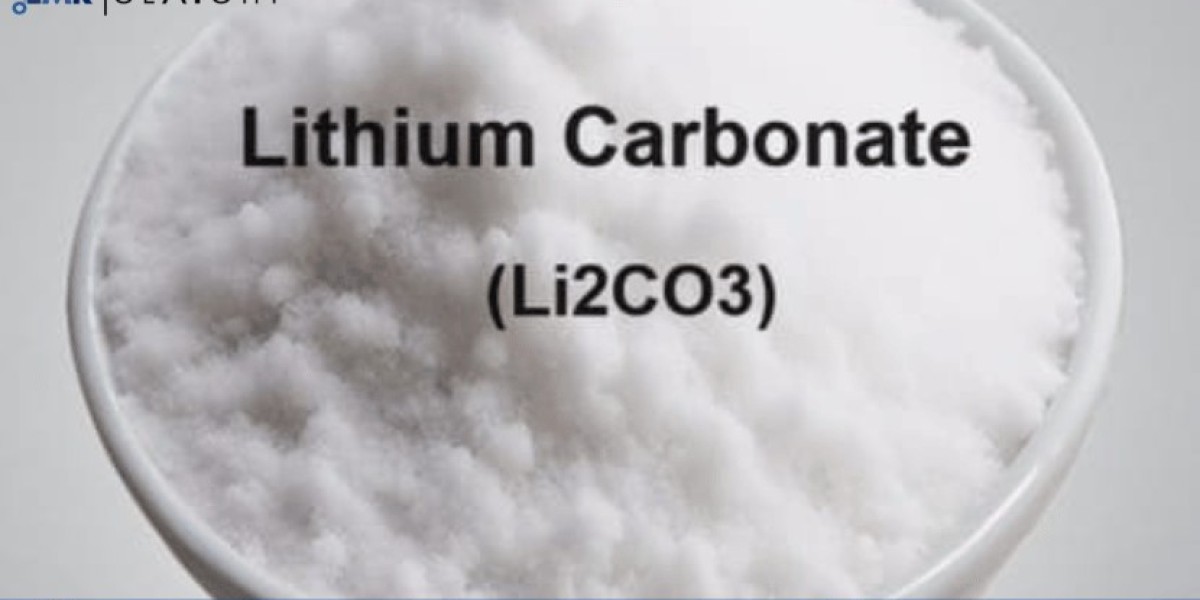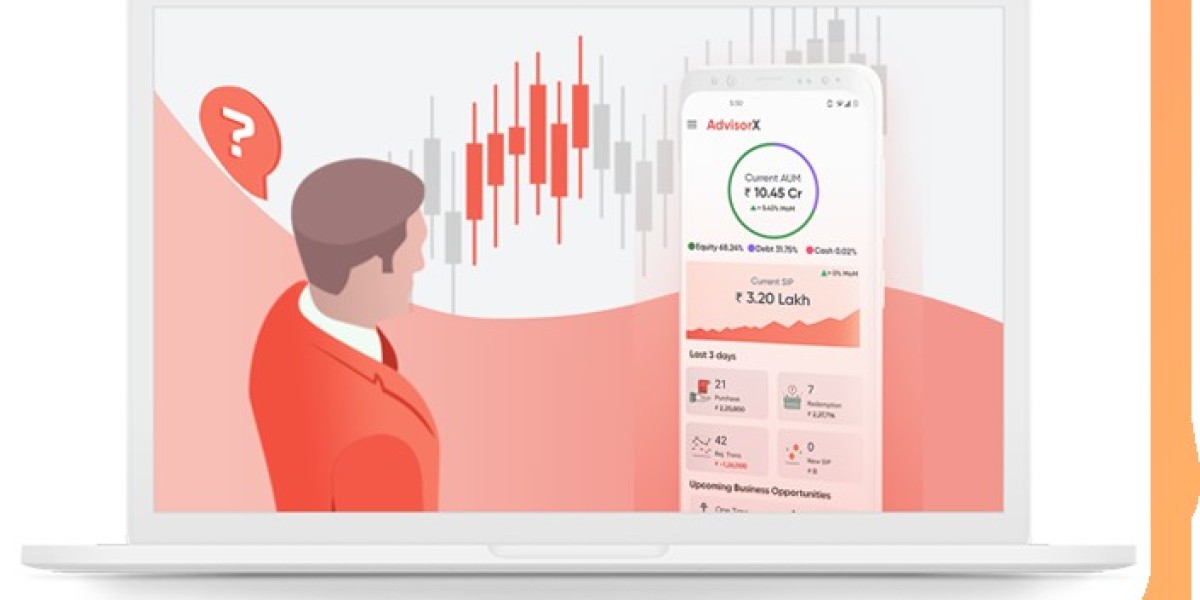Are you considering investing in solar panel installation for your home or business? As the world transitions towards renewable energy sources, solar power has become an increasingly popular choice for many property owners. However, before you make the decision to go solar, it's essential to conduct a cost analysis to understand the financial implications and benefits of solar panel installation. In this article, we will delve into the various factors that influence solar panel installation costs, explore financing options, and highlight the importance of planning your investment in solar energy.
Factors Influencing Solar Panel Installation Costs
The cost of installing solar panels on your property can vary widely depending on several factors. These include the size of the system, the type of panels used, the location of your property, and any additional equipment or services required. Additionally, the quality of the installation company you choose can also impact the overall cost. It's crucial to obtain multiple quotes from reputable solar installers to ensure you get the best value for your investment.
Size of the System
The size of the solar panel system you choose will have a significant impact on the total cost of installation. Larger systems with higher wattage capacity will typically cost more upfront but can generate more energy and ultimately lead to greater long-term savings on your electricity bills.
Type of Panels
There are various types of solar panels available on the market, each with its own advantages and disadvantages. Monocrystalline panels are known for their efficiency and durability but tend to be more expensive upfront. Polycrystalline panels are a more budget-friendly option but may not offer the same level of performance. Thin-film solar panels are another alternative that is lightweight and flexible, making them ideal for certain installation scenarios.
Location of your Property
The location of your property plays a significant role in determining the cost of solar panel installation. Factors such as the angle and direction of your roof, shading from nearby structures or trees, and local weather conditions can all impact the efficiency of your solar panels. In some cases, additional equipment such as solar trackers or inverters may be required to optimize energy production, adding to the overall cost.
Quality of Installation Company
Choosing a reputable and experienced solar installation company is essential to ensure that your system is installed correctly and functions efficiently. While it may be tempting to opt for the cheapest quote, it's crucial to consider the company's track record, customer reviews, and warranty offerings. A well-installed solar panel system can provide decades of clean energy and savings, making it a worthwhile investment.
Solar Panel Financing Options
Solar panel installation costs can be a significant upfront investment for many property owners. However, there are several financing options available to help make solar energy more accessible and affordable.
Solar Loans
Many banks and financial institutions offer special loans for solar panel installation, with terms ranging from 5 to 20 years. These loans typically have low-interest rates and can be a cost-effective way to finance your solar project while retaining ownership of the system.
Solar Leases
Solar leasing allows you to "rent" a solar panel system for a fixed monthly payment, without the need for a large upfront investment. While you won't own the system, you can still benefit from reduced electricity bills and lower carbon emissions. Leasing can be a great option for property owners who want to go solar without the financial commitment of ownership.
Solar Power Purchase Agreements (PPAs)
PPAs are another popular financing option that allows you to purchase solar energy generated by a third party at a fixed rate. This arrangement can result in immediate savings on your electricity bills without the need to install or maintain the solar panels yourself. PPAs are a hassle-free way to access solar energy and can be a good option for those who cannot utilize tax incentives or rebates.
Conclusion
In conclusion, planning your investment in solar panel installation requires careful consideration of various factors, including system size, panel type, location, and installation quality. By conducting a cost analysis and exploring financing options such as solar loans, leases, and PPAs, you can make solar energy a reality for your property. Investing in solar power not only reduces your carbon footprint but also provides long-term savings on your energy bills. Take the first step towards a cleaner, more sustainable future by exploring solar panel installation today.
Naijamatta is a social networking site,
download Naijamatta from Google play store or visit www.naijamatta.com to register. You can post, comment, do voice and video call, join and open group, go live etc. Join Naijamatta family, the Green app.
Click To Download


